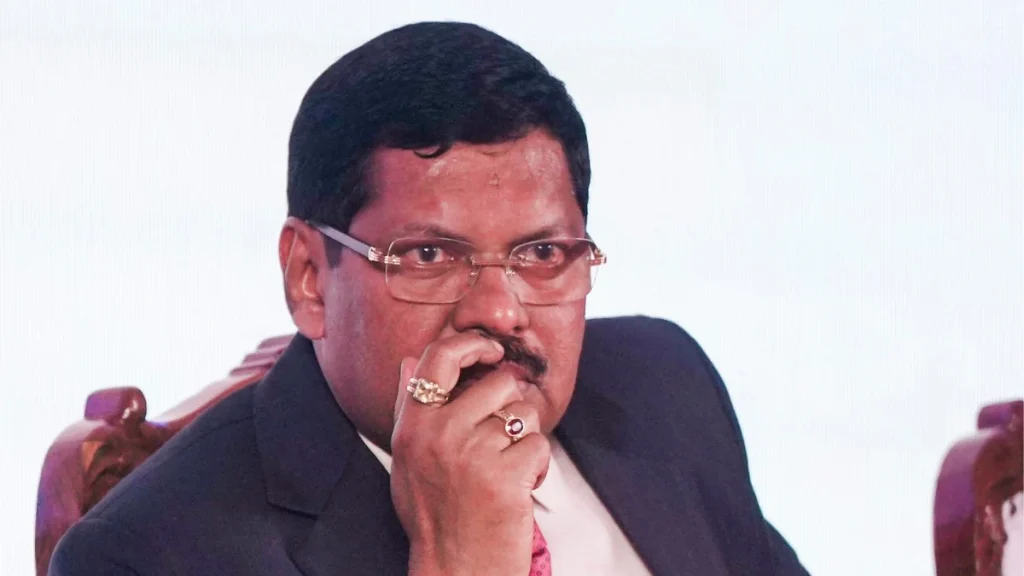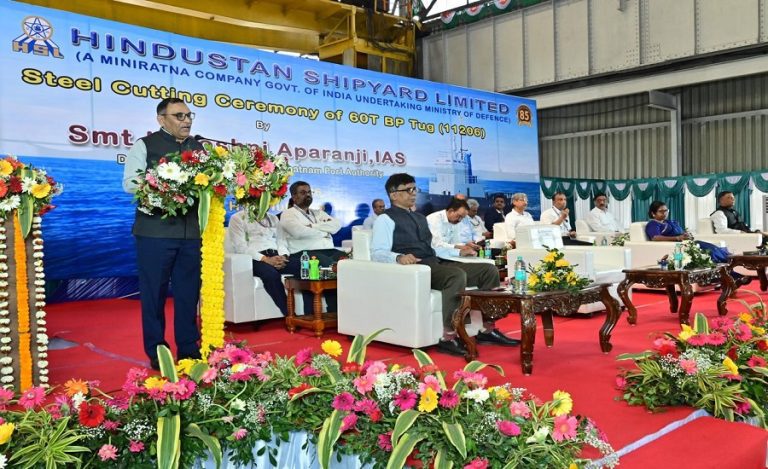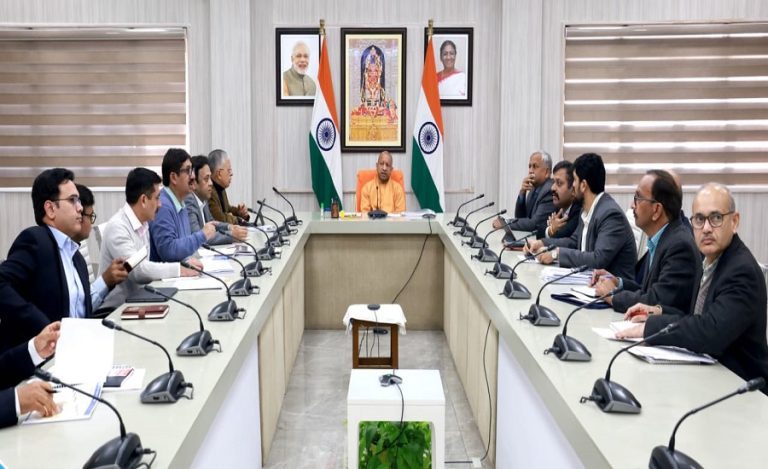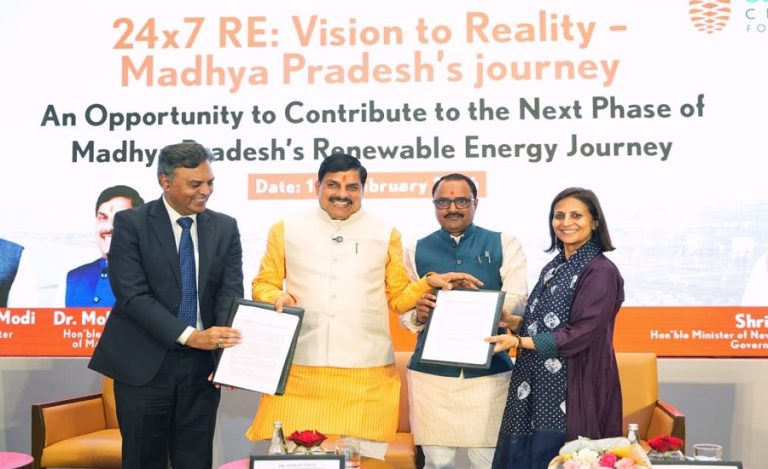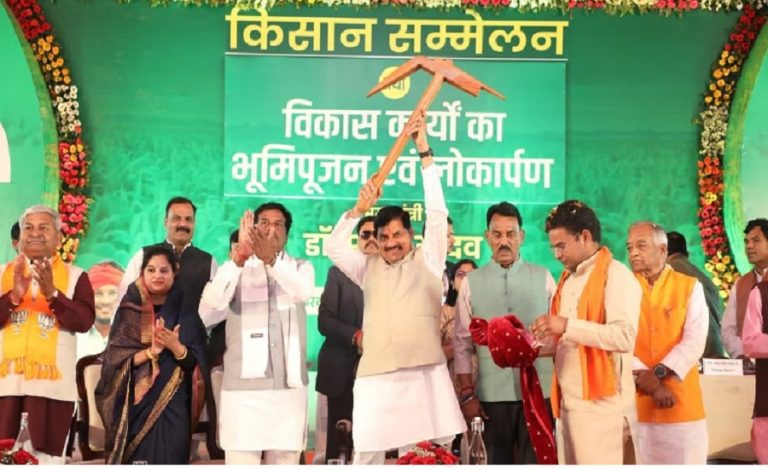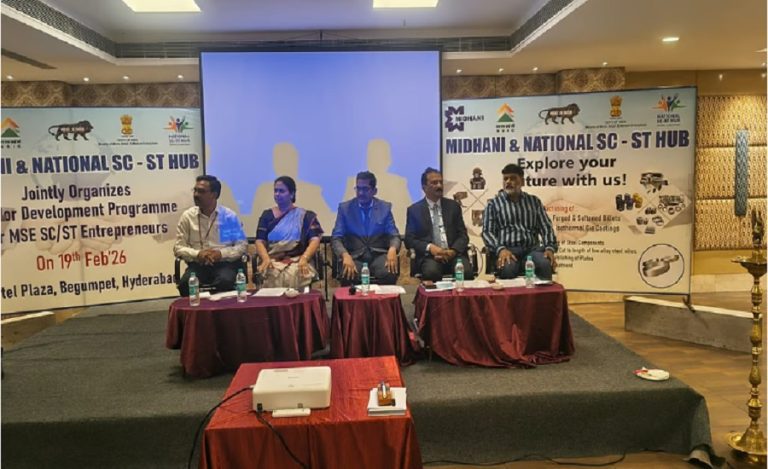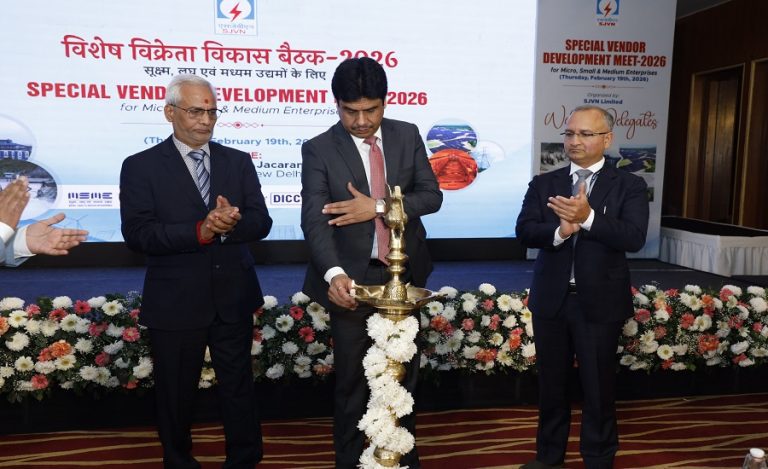In a historic decision, the Supreme Court of India has announced for the first time that Other Backward Classes (OBC) will be given reservations in the recruitment of its staff. This landmark move has been made under the leadership of former Chief Justice D.Y. Chandrachud and the current Chief Justice B.R. Gavai.
A notification issued on July 3 stated that, by exercising the powers under Article 146(2) of the Constitution, the Supreme Court Officers and Servants (Conditions of Service and Conduct) Rules, 1961, have been amended.
According to the amended Rule 4A: “Reservation for Scheduled Castes (SC), Scheduled Tribes (ST), Other Backward Classes (OBC), persons with disabilities, ex-servicemen, and dependents of freedom fighters in direct recruitment shall be implemented as per notifications and orders issued by the Government of India from time to time.”
What was the situation so far?
Until now, the Supreme Court’s staff recruitment has only provided reservations for SC and ST categories. There was no specific provision for OBC candidates. This is the first time that candidates from the OBC category will get opportunities in Supreme Court staff appointments.
The new reservation policy will be post-based, not vacancy-based. This system follows the landmark 1995 judgment of the Supreme Court’s five-judge Constitution Bench in R.K. Sabharwal vs. the State of Punjab, which held that reservation should be determined on the basis of posts, not annual vacancies. There should be separate rosters for direct recruitment and promotions. Once a post is allocated to a reserved category, it will remain permanently reserved for that category, even after retirement or vacancy.

